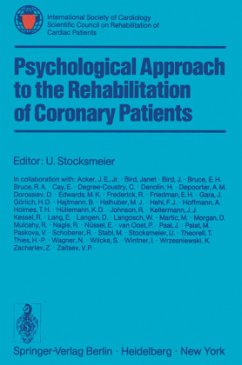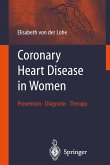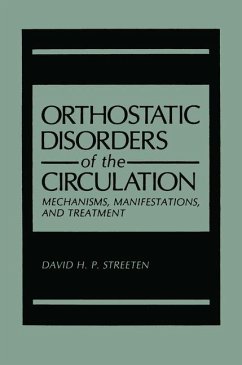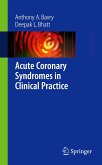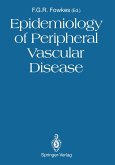The increasing frequency of coronary diseases, the still insufficient results of prevention have brought physicians to try to reduce as much as possible the con sequences of ischaemic heart disease. Coronary units and new treatments have some what reduced the dramatic complications of the acute phase; but after the latter, evil effects of the disease remain at the physiological, psychological and social level. It is the aim of rehabi~itation to analyze these problems, to reduce them or to solve them whenever possible. When this conception of "complete coronary care" took the lead, the necon ditioning effects of heart disease and of immobilization on physical conditi ons were emphasized: physical training programmes were prepared and their main lines and physiological effects are now fairly well known. But it was soon obvious that the psychological problems raised by the patient and his environment 'are equally important. Their approach is however much more difficult and their treatment particularly complex. So, the Council on Rehabilitation of the International Society of Cardiology is really grateful to Professor Dr. HALHUBER and Dr. Dr. STOCKSMEIER for giving the opportunity to specialists to discuss together this particular aspect of coronary disease. The discussions have been devoted to the methods of approaching the patient as well as to the therapeutic aspects and the role of psychologists in the rehabilitation programmes: some papers have been devoted also to the possible role of the personality as a risk factor in the development of the disease.

